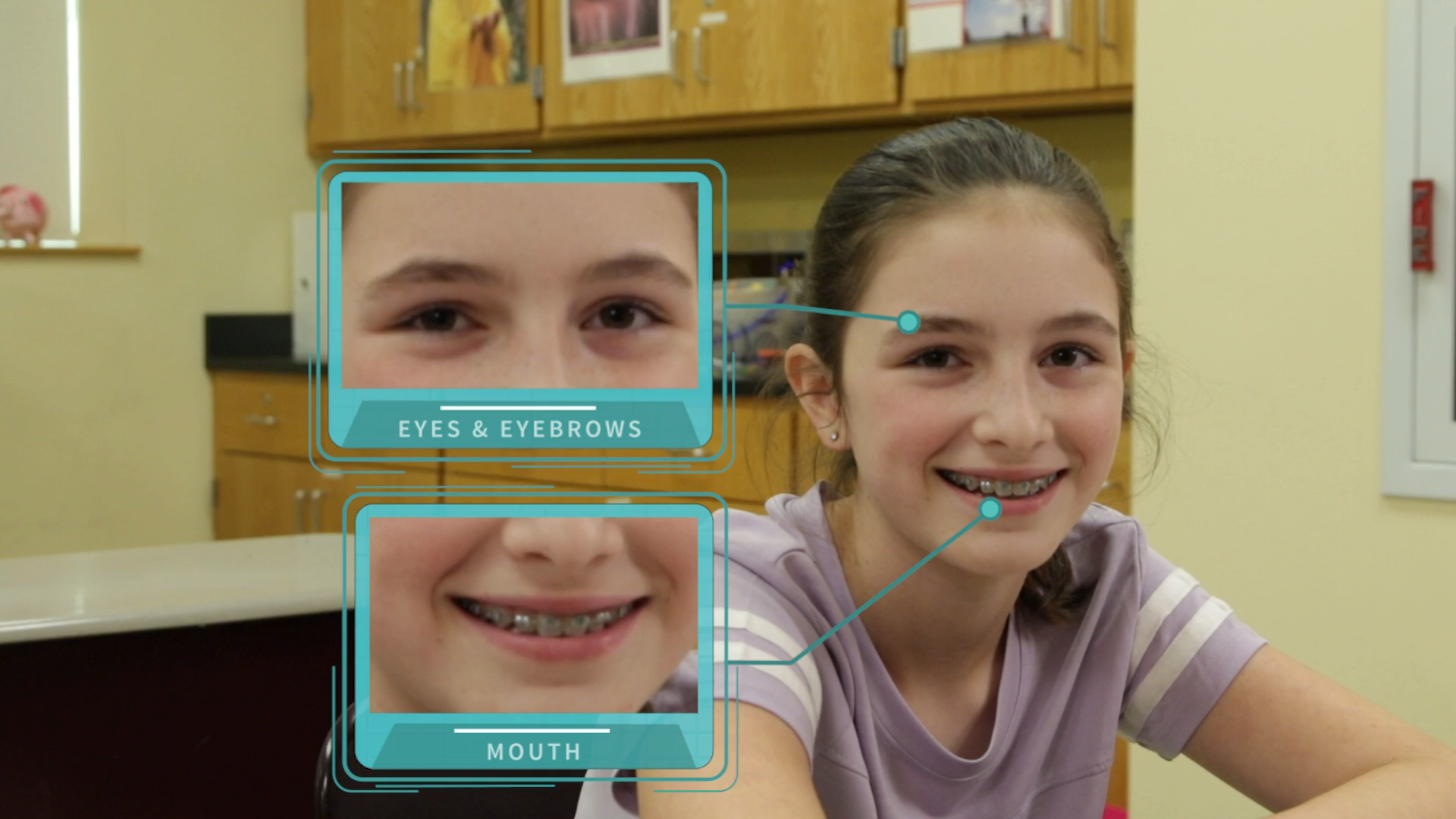
Introduction
As educators, we often come across situations where it’s difficult to understand how our PreK students are feeling. Teaching them to read facial expressions is a crucial skill that helps them navigate social situations. This blog post will discuss an essential concept called the “Big Three” – eyes, eyebrows, and mouth – and how they can be used to understand feelings. We will also share a no-prep activity, discussion questions, and related skills to further enhance their social-emotional learning.
No-Prep Activity: The Big Three Detective
Here’s a simple activity that requires no preparation or materials from the educator, perfect for teaching PreK students about the Big Three. It’s called “The Big Three Detective.”
- Ask the students to sit in a circle.
- Explain the concept of the Big Three (eyes, eyebrows, and mouth) and how they can be used to understand feelings.
- Select a student to be the “detective” and have them stand in the center of the circle.
- The detective will choose one student in the circle and try to guess their feelings by observing the Big Three.
- The chosen student can either confirm or correct the detective’s guess.
- Rotate the role of the detective so that each student gets a turn to practice observing the Big Three.
This activity allows students to practice observing facial expressions and helps them understand the importance of the Big Three in determining someone’s feelings.
Discussion Questions
Stimulate further discussion about the Big Three and understanding feelings with the following questions:
- Why is it important to understand how someone else is feeling?
- How can we use the Big Three to help us understand how someone is feeling in a real-life situation?
- What are some examples of situations where it might be difficult to understand someone’s feelings?
- How can understanding someone’s feelings help us choose the best way to respond in a conversation?
- Can you think of any other facial expressions or body language cues that can tell us about someone’s feelings?
Related Skills
In addition to understanding feelings through the Big Three, there are other related skills that can help PreK students develop their social-emotional learning. These include:
- Active listening: Encourage students to listen carefully to what others are saying and show empathy.
- Emotion regulation: Teach students to recognize and manage their own feelings and emotions.
- Communication: Help students express their thoughts and feelings clearly and effectively.
- Problem-solving: Guide students in resolving conflicts and finding solutions to social challenges.
Next Steps
Ready to explore more social-emotional learning activities and resources? Sign up for free samples of the discussed skill and others at Everyday Speech. These materials are designed to help educators like you foster a supportive and nurturing learning environment for PreK students. Don’t miss out on this opportunity to enhance your students’ social-emotional development!

